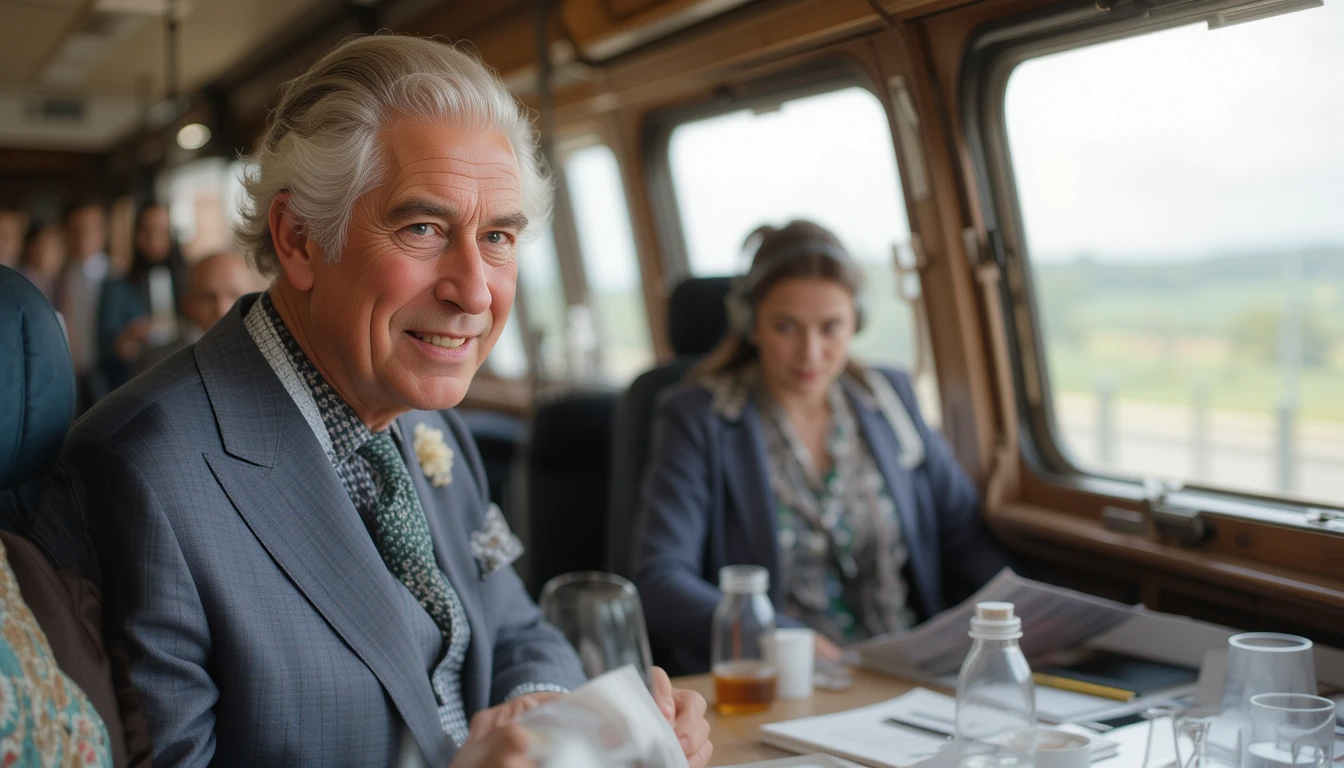As climate change continues to shape global policy, world leaders and public figures increasingly advocate for sustainable solutions. Among them is King Charles III, whose long-standing commitment to environmentalism is reflected in his vision for sustainable travel. The monarch has introduced several initiatives aimed at making travel more environmentally responsible, including reducing the royal carbon footprint and promoting eco-friendly tourism.
King Charles’ Environmental Legacy
Even before ascending to the throne, King Charles was a vocal advocate for sustainability. For decades, he has championed organic farming, renewable energy, and conservation efforts. Now, as monarch, he is leveraging his influence to transform the travel industry—a sector responsible for 8-10% of global carbon emissions, according to the World Travel & Tourism Council (WTTC).
Key Sustainable Travel Initiatives by King Charles
1. Reducing the Royal Carbon Footprint
The British royal family has long been scrutinized for its use of private jets and helicopters. However, under King Charles sustainable travel initiatives, there has been a noticeable shift:
- Limiting Private Flights – The King has encouraged the use of commercial flights and scheduled train services for royal engagements when possible.
- Investing in Electric Vehicles: The royal fleet now consists of hybrid and electric vehicles, reducing its reliance on fossil fuels.
Sustainable Royal Residences have installed solar panels and biomass heating systems through energy-efficient upgrades at palaces like Buckingham Palace and Highgrove House.
2. Promoting Eco-Friendly Tourism
Initiatives that encourage travelers to adopt greener habits have received support from King Charles:
- The Sustainable Markets Initiative (SMI) – Launched by Charles in 2020, this global project includes a “Terra Carta” for sustainable tourism, urging businesses to adopt carbon-neutral practices.
- Partnerships with Eco-Hotels – The King has endorsed green-certified hotels that prioritize renewable energy, waste reduction, and local sourcing.
- Heritage Conservation & Slow Travel – His initiatives align with the “slow travel” movement, which enhances visitor experiences while minimizing environmental impact by prioritizing rail travel and cultural preservation.
3. Advocating for Sustainable Aviation
While air travel remains a major emissions contributor, King Charles has backed innovations to make flying greener:
- Support for Sustainable Aviation Fuel (SAF) – He has promoted investment in biofuels and hydrogen-powered aircraft through royal patronages and speeches.
- Encouraging Carbon Offsetting – To offset emissions from unavoidable travel, the monarchy has partnered with reforestation programs.
The Impact of King Charles’ Efforts
Even though the influence of the royal family is primarily symbolic, King Charles’ initiatives have:
- Sparked policy debates regarding sustainable tourism in the UK and elsewhere.
- Encouraged businesses to adopt greener practices to align with royal endorsements.
- Heightened public awareness of the significance of choosing eco-friendly travel options.
Challenges & Future Directions
Despite progress, challenges remain:
- Balancing royal duties with sustainability (e.g., necessary use of private transport for security).
- Scaling global adoption of green travel practices beyond symbolic gestures.
Future steps may include:
- Expanding rail travel incentives across Europe.
- Funding research into zero-emission transportation.
- Strengthening partnerships with airlines and governments to accelerate decarbonization.
Conclusion
The eco-friendly travel initiatives of King Charles III reflect his lifelong commitment to environmental stewardship. While the monarchy’s direct impact may be limited, his advocacy has amplified the urgency of green tourism, influencing both public behavior and industry standards. As climate challenges intensify, the King’s efforts serve as a reminder that even small changes, such as choosing trains over planes or supporting eco-hotels, can contribute to a healthier planet.
Green Key-certified hotels and Carbon Trust-certified tours provide responsible travel options for those inspired by these initiatives.





